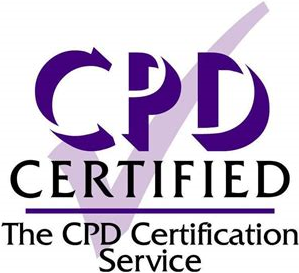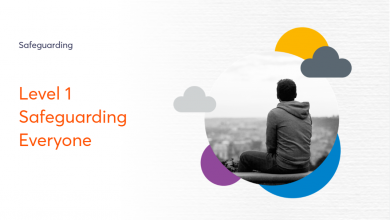Learn to recognise the signs of abuse, and be able to respond appropriately to suspected or alleged abuse.
This introductory e-course will give you the knowledge to ensure you can help safeguard not only those you are directly responsible for, but everyone you have contact with whilst carrying out your duties.
This course emphasises how important it is for everyone to always ensure the safety and security of anyone in their care, or whom they encounter as part of their role.
It will help you to better understand how to safeguard children, young people and adults at risk effectively within your role.
Sign up now for only £30 + VAT

Please note: we require a council or organisation name in order to set you up on the e-learning system. If you haven’t already added an organisation to your SLCC account, please login and update the details here before placing your order.
Please also ensure that you login and register for yourself and not on behalf of someone else. If you have a colleague who wishes to register for the e-course please ask them to setup a user account here.
What will I learn?
This online Level 1 Safeguarding Everyone e-Course is broken down into the following modules, which can be completed at your own pace:
Definitions:
An introduction to the meanings behind safeguarding definitions, such as a vulnerable child and an at risk adult.
What is Safeguarding?
What safeguarding is, what forms abuse can take, symptoms associated with abuse and factors that can make individuals more at risk.
Child Abuse or Maltreatment:
Different forms of child abuse or maltreatment, including physical, sexual and emotional abuse.
Adult Abuse or Maltreatment:
All forms of adult abuse or maltreatment, including discriminatory, domestic and economic abuse.
Categories of Abuse:
This module explores the 10 categories of abuse, including signs and symptoms to look out for.
How to Respond to Abuse:
The steps to take in the event of someone disclosing to you that they are being abused.
Recording and Reporting Abuse:
This module gives you the information you need to act upon any concerns you have about the wellbeing of a child, young person or adult at risk.
How long will it take?
Once you have been registered on the system, you will have 12 months to complete the course.
It can take between 30 minutes – 2 hours to complete the course, but you can go at your own pace and take time to digest the information covered.
How will I learn?
As you progress through this online course, there will be challenges / quizzes to help reinforce the information covered, before you go on to take the assessment at the end.
To successfully demonstrate your understanding of the material, complete the course, be awarded your certificate and 3 CPD points, you will need to achieve a 75% pass mark in the assessment.
(The certificate does not include an expiry date, but it is recommended that safeguarding training is refreshed yearly, to ensure you are up to date with the latest safeguarding requirements and guidance.)
Who is it for?
Those working in roles including (but not limited to):
- Administrators
- Reception staff
- Maintenance staff
- Safeguarding teams
- Volunteers
- Transport staff
This e-Course is accredited by the CPD Certification Service, which means it has been independently certified as conforming to universally accepted CPD (Continuing Personal or Professional Development) guidelines, indicated by the CPD logo.

“Excellent introduction for Safeguarding for clerks. Easy to follow, understandable and enjoyable rather than boring and staid. A must for everyone new to the role. A great overview!”
Sue Sim, Bowsden Parish Council
“This course gave me a good basic understanding of safeguarding. It reinforced what I already knew, and clarified areas where I was unsure. I feel more confident about my role if a safeguarding matter were to arise.”
Cathy Martyn, Wroughton Parish Council
“This course was the basics but very informative and concise in it’s approach.”
Diane Fairweather, Kirton Parish Council

